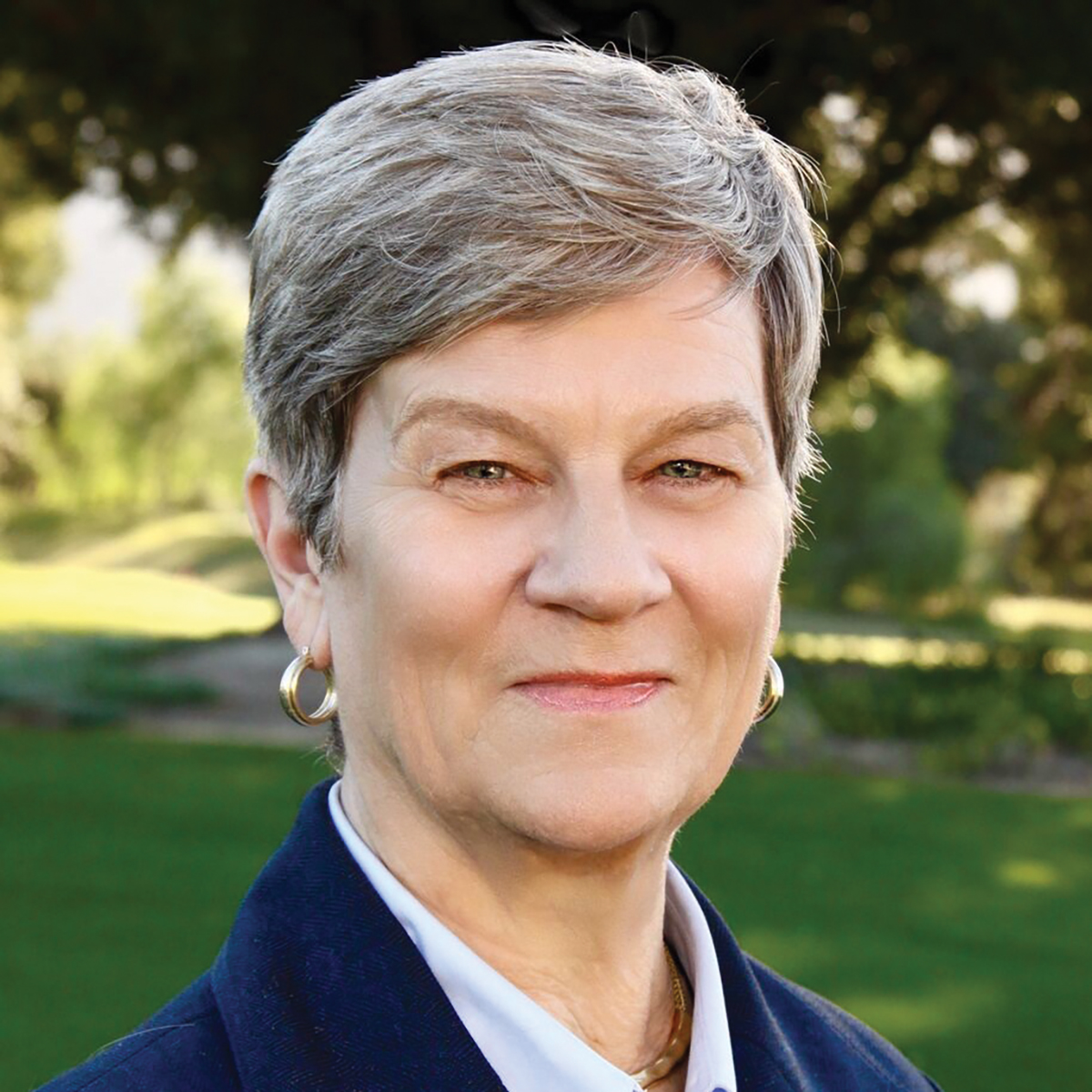Just as the neutral term “politics” — the art or science of government or governing — has become a pejorative over time, so too has “rhetoric” — the art or science of using language effectively and persuasively.
Yet underpinning each is a rich history of scholarship and practice dating back to antiquity which, when combined, can guide societies in developing the muscular dialogue necessary for exploring and resolving complex and tenacious policy problems.
“The capacity to recognize and make a good argument is the basis of decision-making,” said Kathleen Hall Jamieson, co-founder of the nonprofit website FactCheck.org.
Neither deceit nor misrepresentation are elements of a good argument, which is a course of reasoning aimed at demonstrating truth or falsehood. They are also not the basis of sound public policy-making.
As part of Week Eight’s “Media and the News: Ethics in the Digital Age” programming, Jamieson will give an address titled “Debunking Political Deception and Viral Deception (‘Fake News’)” at 10:45 a.m. Tuesday in the Amphitheater.
Jamieson — the Elizabeth Ware Packard Professor of Communication at the Annenberg School for Communication and the Walter and Leonore Director of the Annenberg Public Policy Center at the University of Pennsylvania — discussed “fake news” stories during her March 5 interview with Brian Stelter, host of CNN’s “Reliable Sources.”
“I’d like to call them ‘viral deception,’ and I’d like to use the VD acronym, because I’d like to associate it with venereal disease,” she told Stelter. “We don’t want to get venereal disease. If you find someone who’s got it, you want to quarantine them and cure them. You don’t want to transmit it.”

Saying “fake news” calls into question what “real news” is, and invites people to label what they disagree with as “fake news.”
“As a result, it’s not a useful concept,” Jamieson continued in the interview. “What are we really concerned about? Deception. And deception of a certain sort that goes viral.”
In 2003, Jamieson co-founded FactCheck.org with the award-winning journalist Brooks Jackson, after persuading him to work for the Annenberg Public Policy Center. During the 1992 presidential campaign, Jackson pioneered CNN’s “adwatch” and “factcheck” reports on the advertising, financial, and political strategies and statements of the candidates. That same year, Jamieson’s sixth book was published — Dirty Politics: Deception, Distraction and Democracy.
At the APPC, Jackson and Jamieson co-wrote unSpun: Finding Facts in a World of Disinformation (2007).
FactCheck.org’s purpose is to serve as a nonpartisan “consumer advocate” for voters to improve their understanding and to “reduce the level of deception and confusion in U.S. politics” by “monitor(ing) the factual accuracy of what is said by major U.S. political players.”
Last December, as part of the Facebook initiative “debunking fake news stories,” FactCheck.org joined several other organizations in identifying and labeling phony news stories flagged by Facebook users. In July, with financial support from Facebook, it enhanced its efforts to contain the spread of viral deception.
Jamieson is eminently qualified to take on perpetrators of political deception and viral deception. Her grounding in argumentation — the presentation and elaboration of an argument — began in college and continued through graduate school. At Marquette University, she earned her bachelor’s degree in rhetoric and public address.
“It wasn’t unusual to study rhetoric and philosophy then,” Jamieson said. “Now it’s ‘communications,’ and rhetoric, which was originally part of a classics education, has been lost. … Training in the use of evidence to create good argument ought to be the foundational part of a communications degree.”
Father Flynn, a Jesuit priest and philosophy professor at Marquette, was Jamieson’s primary mentor. He taught a course in metaphysics, the branch of philosophy that explores the fundamental nature of reality. She said his course addressed the question, “How do you argue about things it’s difficult to argue about?”
“He taught at 8 a.m. and I am a late-night person,” Jamieson said. “But I would get up and drink large amounts of caffeinated tea. I would sit riveted through his classes while other students slept.”
Jamieson said that she wanted to be like Flynn, who was generous in his time with her and followed her through her career. He advised her not to go into the field of philosophy because as a woman, she would experience “rampant discrimination.”
Based on Flynn’s advice, Jamieson earned her master’s and Ph.D. in communication arts at the University of Wisconsin, Madison. During her 15 years at the University of Maryland, she successfully advanced along its tenure track to full professor, and in 1979 was awarded the Pan-Hellenic Council and Student Government Association’s certificate for excellence in teaching.
In her 1995 book, Beyond the Double Bind: Women and Leadership, Jamieson wrote optimistic narratives of how women from all walks of life overcame the double bind — i.e. the “you are too special to be equal” assertion and the “uterus-brain bind” (children and ideas cannot be conceived simultaneously) — that could easily have prevented their success no matter what they chose to do.
Jamieson chaired the speech communication department at the University of Texas for three years before being selected as the dean of the University of Pennsylvania’s Annenberg School for Communication in 1989. At the APPC, which she has led since its founding in 1993, her areas of research include “political communication, rhetorical theory and criticism, studies of various forms of campaign communication, and the discourse of the presidency.”
All told, Jamieson has authored, co-authored or edited more than 250 works, including 18 books, plus book chapters, journal articles, op-ed articles, reports and an anthology. Recently, she was the principal co-author of “Finding Consensual Fact in Political Debate” in Venomous Speech: Problems with American Political Discourse on the Right and Left, and “What is Civil Engaged Argument and Why Does Aspiring to it Matter” in Can We Talk? The Rise of Rude, Nasty, Stubborn Politics.
A widely sought-after authority on political communication and presidential elections, she has frequently been tapped for appearances on television and radio news programs. In The NPR Interviews 1995, for instance, there is a chapter titled “Kathleen Hall Jamieson.”
In addition to six teaching awards, Jamieson has received more than 50 prestigious honors. And over the years, universities foundations and anonymous grantors have presented her with 55-plus substantial grants. She has been appointed to 18 prominent task forces, commissions and panels, including at the presidential level, and to eight major boards and committees, including at the Center for Public Integrity and the Council for Excellence in Government.
“There are ways in which we as consumers of media can arm ourselves from viral deception,” Jamieson said. “There are habits of mind; things one can do that are habitually protective. … We are not powerless to recognize deception. If we all did these things, the problem would go away.”




